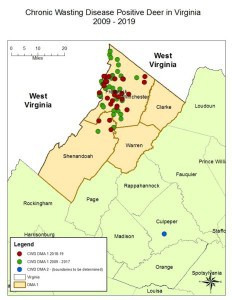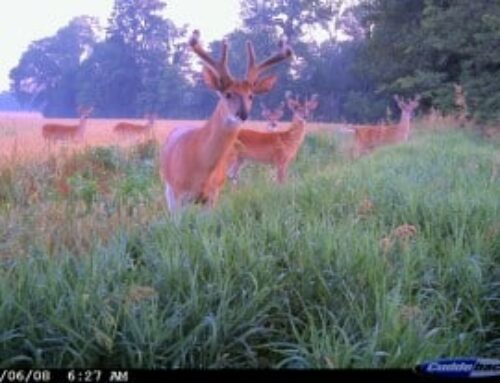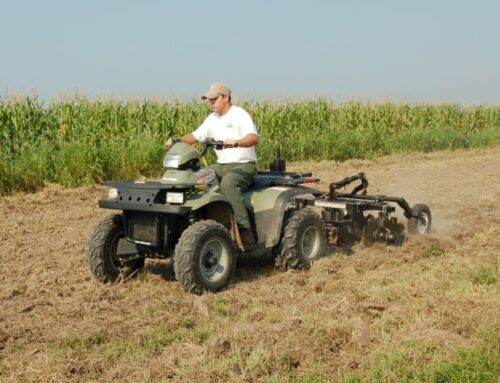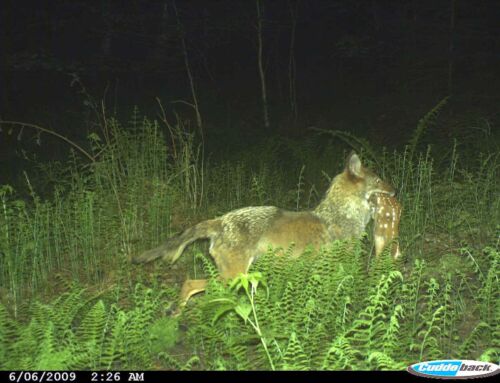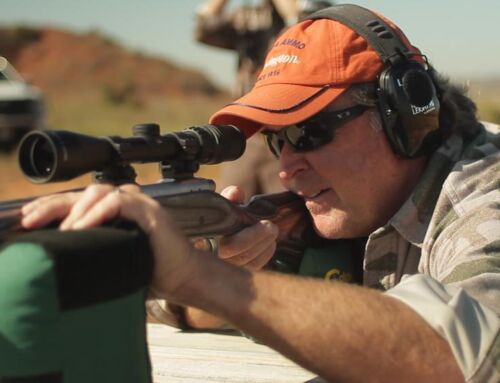Throughout the summer of 2019 the Tennessee Wildlife Resources Agency (TWRA) has hosted workshops on Chronic Wasting Disease (CWD) in West Tennessee counties where the disease has been documented. Experts from the TWRA and University of Tennessee have been on hand to answer all the complex and confusing questions hunters are sure have, such as:
What exactly is CWD?
How can it impact my hunting?
I hunt the next county over from where CWD has been found, should I be worried?
Can I carry a buck carcass home I shot in another county?
Can I use deer urine?
Can I eat the meat from a buck I shot in a CWD area?
Is deer meat possibly contaminated—can it hurt my family?
Should I have my deer tested for CWD? How and where do I do that?
When I heard earlier this summer of the TWRA holding these meetings, I applauded those deer managers for having the vision and spending the money to do this, and I asked that all state wildlife agencies do the same in regions where CWD has been documented.
Happy to report that my home state of Virginia is doing it in a new CWD zone before the 2019-20 deer season.
Earlier this year, the Virginia Department of Game and Inland Fisheries (DGIF) confirmed Chronic Wasting Disease (CWD) in a buck legally harvested in Culpeper County during the November 2018 rut.
CWD had been documented in far northwest Virginia (Frederick and Shenandoah counties) for about 10 years, and hunters in the Northern Piedmont had been holding our collective breath that it would not spread.
But it has. The infected Culpeper buck was shot some 50 miles south, in an area that had never knowingly had a case of CWD before.
In response to the new case of CWD, the DGIF created a Disease Management Area that includes Culpeper, Madison, and Orange counties, and variety of new regulatory changes have been enacted within the area to minimize the spread of the disease.
The CWD public meeting to inform and educate hunters and the general public will be held at 7 p.m. on Wednesday, Aug. 28 in the Culpeper County Administration Building, 302 N. Main St., Culpeper, VA.
I applaud my home state for doing this, and again I implore all states with a CWD problem to do the same. There is a ton of information on CWD out there, and more coming online every week. Much of it is complex and confusing, and hunters need to be educated about CWD and specific regulations for their area.
Hunters and wildlife agencies working together is the best way to fight CWD!

